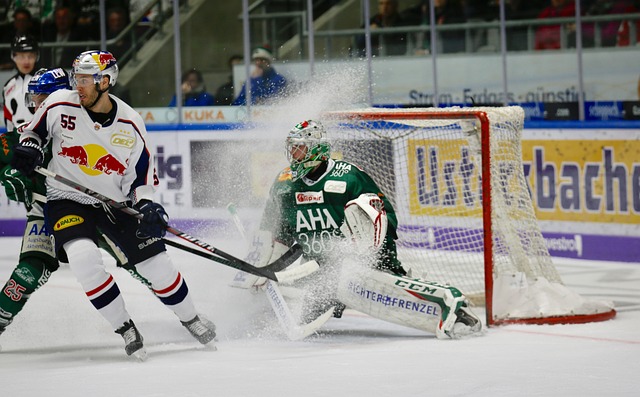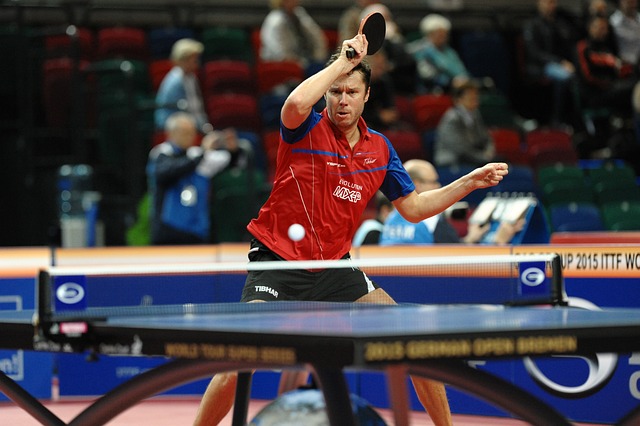Bookmaking is a complex art and science that involves odds setting, risk management, and profitability assurance. It goes beyond simply taking bets on different outcomes. Its intricacy is essential for bookmakers to prosper in a cutthroat betting market.
The Science of Setting Odds
A bookmaker’s main job is to set odds that encourage wagering on any scenario that could occur while maintaining a profit. The first step in this procedure is gathering a lot of data. This information consists of past statistics, present form, professional judgments, and other pertinent details. Analyst teams are employed by bookmakers. They process data and forecast the likelihood of various outcomes using algorithms.
These possibilities are reflected in the odds, which are then modified to include a margin that guarantees the bookmaker will earn regardless of the outcome of the event. A common term for this margin is the “vig” or “overround.” It is included in the odds and is the price of putting a wager.
Mathematics Behind the Odds

The process of determining odds is fundamentally mathematical. Based on probability theory, bookmakers determine the true odds of an event happening and then modify these odds to produce a balanced book. A balanced book is one in which the bookmaker has placed an equal amount of money on each outcome, guaranteeing that they will earn from the vig regardless of the outcome.
The genuine odds are 2.00, or even odds, if a bookmaker thinks Team A has a 50% chance of winning, for instance. In order to guarantee a profit, the bookmaker may provide Team A odds of 1.90. In the event that Team A wins a $100,000 wager, the bookmaker keeps $10,000 in profit and pays out $190,000 instead of $200,000.
Risk Management Strategies
The ability to effectively manage risk is essential for bookies to live and prosper. To balance their books, they continuously modify the odds based on the quantity and type of bets. Bookies also keep an eye out for odd trends in bets that might point to insider knowledge or manipulation attempts.
Big wagers on a certain result can throw a book considerably off balance and expose the bookmaker to a great deal of risk should that result come to pass. Bookmakers may set a maximum bet size limit or change the odds to encourage bettors to place on alternative outcomes in an effort to reduce this risk. In an effort to lower their liability, they may also “lay off bets,” which entails placing wagers with other bookies.
Ensuring Profitability

Assuring profitability is a bookmaker’s main objective. This is accomplished not just with a well-written book that has vig, but also with clever marketing and client retention. Providing bonuses, interesting betting alternatives, and competitive odds are ways to draw and keep clients. Advanced customer relationship management (CRM) systems are used by businesses. They make use of them to customize offers and promotions to specific betting habits. This improves the betting experience and promotes loyalty.
All things considered, the job of a bookmaker is difficult and necessitates a profound comprehension of both human nature and mathematics. Odds are expertly set by bookmakers. They are able to control risks and concentrate on client pleasure. They can continue to make money because of this. Even in the wild world of sports betting, this is accurate. Are you an inquisitive bystander or an experienced bettor? Comprehending these fundamentals can enhance your understanding of the betting industry. It could even help you with your betting tactics. Platforms like JetX provide a glimpse into the dynamic nature of contemporary betting for those who wish to learn more.



